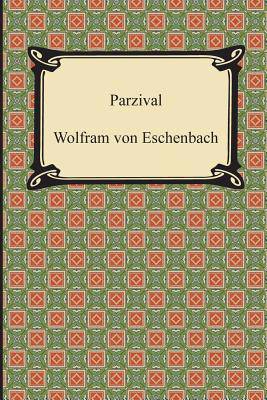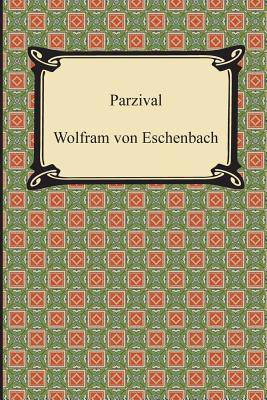
- Retrait gratuit dans votre magasin Club
- 7.000.000 titres dans notre catalogue
- Payer en toute sécurité
- Toujours un magasin près de chez vous
- Retrait gratuit dans votre magasin Club
- 7.000.0000 titres dans notre catalogue
- Payer en toute sécurité
- Toujours un magasin près de chez vous
Description
German poet Wolfram von Eschenbach's romance story "Parzival" tells the whirlwind tale of a young man's life as a knight in search for the Holy Grail. It follows the Medieval heroic story of Parzival (Percival in the English texts) as he tries to balance his desire for love with his quest for the Grail. At first, Parzival is childish and ignorant, and his bad choices prohibit him from obtaining the Grail. Only through purging his soul through a number of trials and hardships is Parzival sanctified enough to be chosen by the Grail. An interesting choice by von Eschenbach in retelling this legend is to not portray the Holy Grail as a cup, as typified by the classic English versions of the Arthurian legends. In his version, the Grail is not even associated with the Christian concept of the chalice of Christ. Rather, the Holy Grail is a life-giving stone that provides food and eternal life to the men and women who live in the castle that protects the Grail. The story is also a close look into the life and culture of the folk traditions that pervaded the time. Von Eschenbach includes such common events as tournaments and jousts, which add to the realistic properties of the text. He also made a conscious choice with the type of "romance" that the poem uses; von Eschenbach stays true to the courtship and kinship rules of Medieval romances, making this work a window into the societal rules that governed the behavior of knights, their relationships, and their pursuit of courtly love.
Spécifications
Parties prenantes
- Auteur(s) :
- Traducteur(s):
- Editeur:
Contenu
- Nombre de pages :
- 400
- Langue:
- Anglais
Caractéristiques
- EAN:
- 9781420949841
- Date de parution :
- 01-01-14
- Format:
- Livre broché
- Format numérique:
- Trade paperback (VS)
- Dimensions :
- 152 mm x 229 mm
- Poids :
- 585 g

Les avis
Nous publions uniquement les avis qui respectent les conditions requises. Consultez nos conditions pour les avis.






